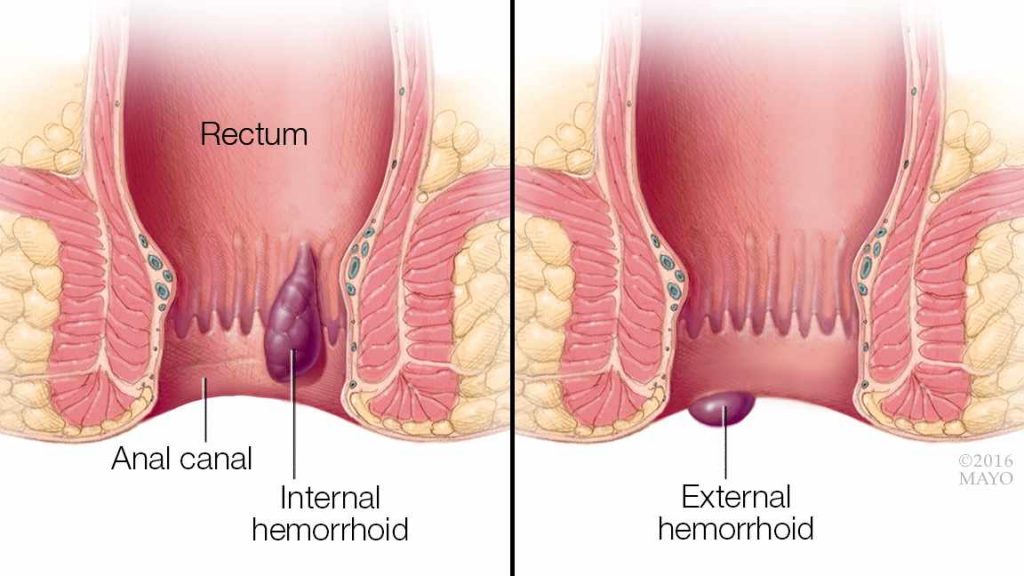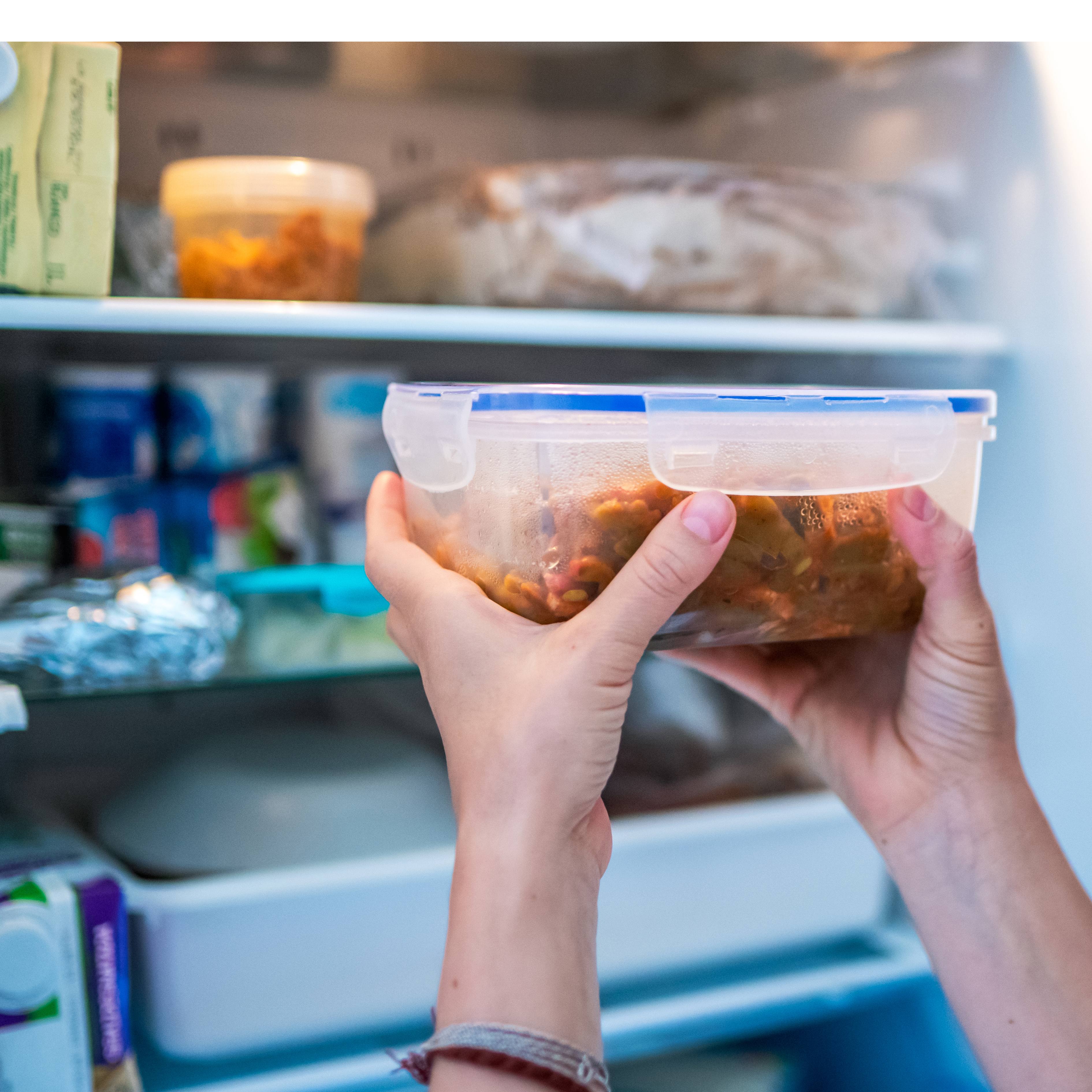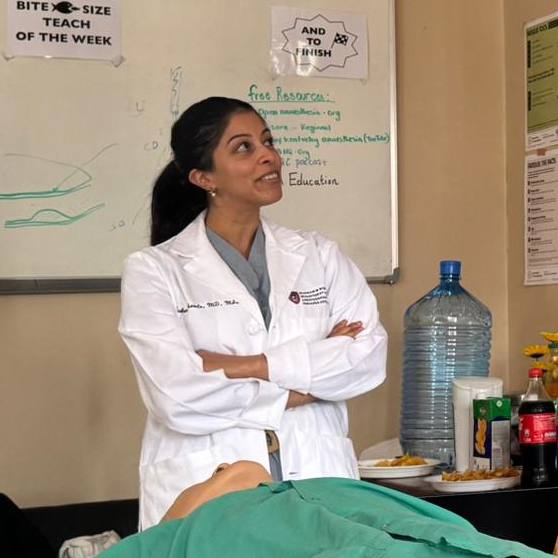 DEAR MAYO CLINIC: Every few months, I develop hemorrhoids that are quite painful, but, after a few days, they seem to go away on their own. Is there a way to avoid getting them altogether? Do I need to see my doctor the next time the hemorrhoids return?
DEAR MAYO CLINIC: Every few months, I develop hemorrhoids that are quite painful, but, after a few days, they seem to go away on their own. Is there a way to avoid getting them altogether? Do I need to see my doctor the next time the hemorrhoids return?
ANSWER: Hemorrhoids are quite common, and they often follow the pattern you describe. Making some lifestyle changes may lower your chances of developing hemorrhoids. But, if those changes aren’t enough to keep them from coming back, and the hemorrhoids cause you considerable discomfort, then consider making an appointment with your doctor for an evaluation to see if treatment may be necessary.
Hemorrhoidal cushions are part of the body’s natural anatomy in the anal canal. They help keep stool in and control continence. The problem with hemorrhoids develops when veins in those cushions become swollen and bulge. Hemorrhoids can occur inside the rectum. Those are called internal hemorrhoids. Or, they can happen under the skin around the anus. Those are called external hemorrhoids. Internal hemorrhoids don’t cause any pain and usually don’t require treatment unless they start to bleed. External hemorrhoids are the ones that typically lead to the pain and discomfort people often associate with hemorrhoids.
Hemorrhoids develop due to increased pressure on the pelvic floor. That pressure often comes from straining during bowel movements and sitting for long periods of time on the toilet. It also may be a result of chronic constipation or diarrhea, obesity or pregnancy. External hemorrhoids tend to occur in the pattern you mention, developing over a three- to four-day period and then slowly going away.
One of the key factors in preventing hemorrhoids is being able to pass stool regularly without straining. There are a number of lifestyle changes you can try to help make that happen. They include exercising regularly, eating a healthy diet that is high in fiber, drinking plenty of fluids, and avoiding sitting for long periods of time.
When painful external hemorrhoids develop, self-care steps usually can relieve the discomfort. Over-the-counter creams, ointments, suppositories or pads designed to treat hemorrhoids contain ingredients such as witch hazel or hydrocortisone that can lessen pain and itching. These products are often effective, but don't use them for more than a week at a time. If used too often or for too long, they may cause side effects, such as a skin rash, inflammation or skin thinning.
Soaking in a warm bath or a sitz bath with plain water 10 to 15 minutes, two or three times a day may reduce hemorrhoid swelling. Ice packs or cold compresses also can ease swelling and pain. Over-the-counter pain relievers, such as ibuprofen, aspirin or acetaminophen, may help relieve some discomfort, too.
If hemorrhoids last more than a week despite home remedies, or if they cause pain and discomfort, then it’s time to make an appointment with your doctor. You also should see your doctor if you’re experiencing painless rectal bleeding, so he or she can rule out other more serious conditions. If your symptoms are due to hemorrhoids, your doctor may recommend removing the hemorrhoids surgically. A variety of techniques can be used to accomplish this. Most of them can be done in your doctor’s office and do not require an overnight hospital stay.
Incorporating changes into your exercise and diet routines now may help you avoid hemorrhoids in the future. If they do come back, try the self-care steps listed above. In most cases, no further treatment will be needed. But, if hemorrhoids continue to cause significant pain, see your doctor. — Dr. John Pemberton, Colon and Rectal Surgery, Mayo Clinic, Rochester, Minnesota







